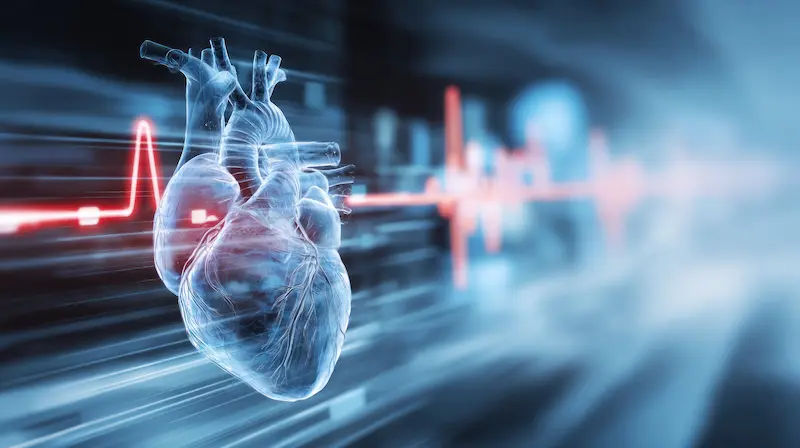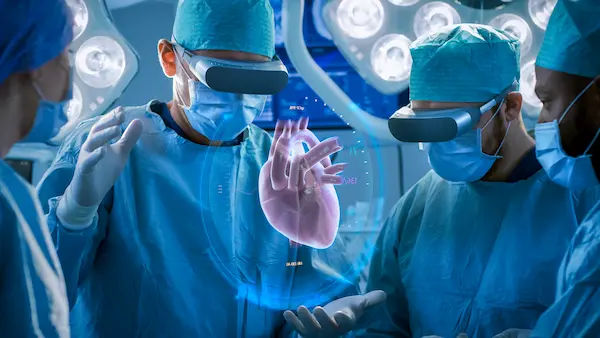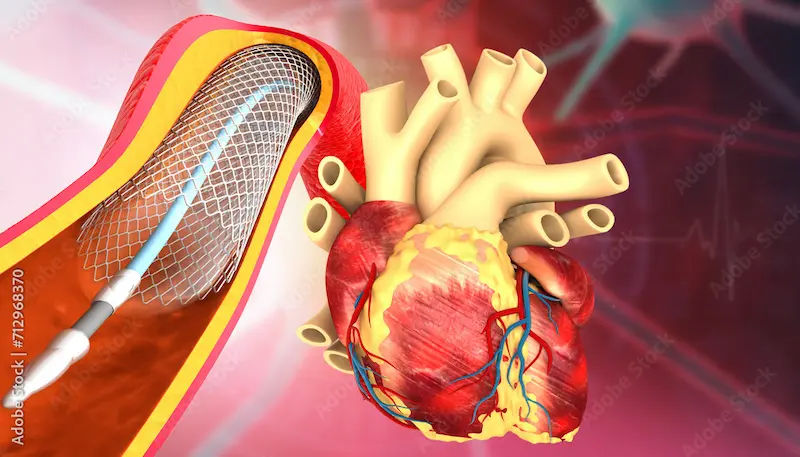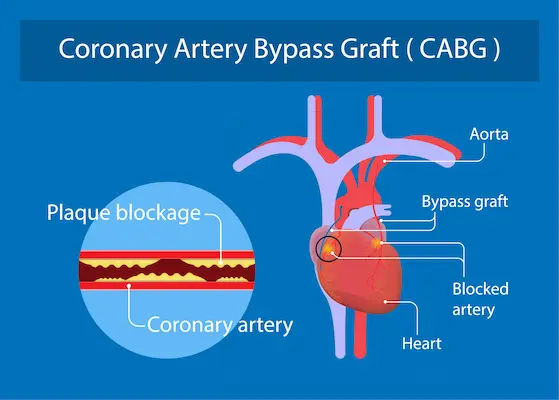Bypass Surgery A Comprehensive Guide to Treatment and Recovery
Discover everything you need to know about bypass surgery (CABG), including causes, procedure, recovery stages, lifestyle changes, risks, and long-term outlook.

Written by Dr. M L Ezhilarasan
Reviewed by Dr. Rohinipriyanka Pondugula MBBS
Last updated on 13th Jan, 2026
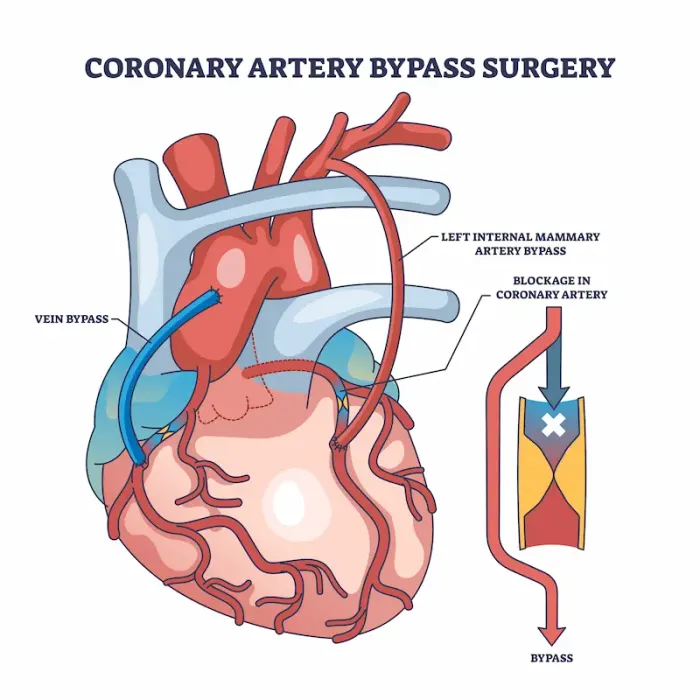
Introduction
Heart bypass surgery, medically known as Coronary Artery Bypass Grafting (CABG), is a life-saving procedure for millions worldwide. If you or a loved one are facing this prospect, it's natural to feel a mix of anxiety and curiosity. What exactly happens during the surgery? How long is the recovery? What does life look like afterwards? This guide aims to demystify the entire process, from the underlying causes that lead to surgery to the journey of recovery and reclaiming a healthy life. We'll break down the medical jargon into understandable information, empowering you with knowledge and setting realistic expectations. Think of this not just as a guide to a procedure, but as a roadmap to a stronger, healthier heart.
What is Bypass Surgery? The Basics Explained
Bypass surgery is a procedure to restore blood flow to the heart muscle when its own blood supply routes, the coronary arteries, have become clogged or narrowed by plaque—a condition known as atherosclerosis. Imagine a major motorway (the coronary artery) suddenly plagued by multiple roadblocks (plaque). Traffic (blood flow) grinds to a halt, leading to congestion and problems downstream (chest pain or heart attack). Bypass surgery literally builds a new detour route around these blockages.
Coronary Artery Disease: The Reason for Bypass
Coronary Artery Disease (CAD) is the primary reason for this surgery. CAD develops when cholesterol, fat, and other substances build up into plaque within the artery walls. This narrows the arteries, reducing oxygen-rich blood flow to the heart. This can cause symptoms like chest pain (angina), shortness of breath, and ultimately, if a plaque ruptures and causes a complete blockage, a heart attack.
How Does a Bypass Graft Work? Creating a New Pathway
The "bypass" is created by using a healthy blood vessel, called a graft, taken from another part of the patient's body—commonly the chest wall (internal mammary artery), leg (saphenous vein), or arm (radial artery). The surgeon attaches one end of this graft below the blockage and the other end above it, creating a new channel for blood to flow freely to the heart muscle, effectively "bypassing" the obstruction.
Are You a Candidate? Understanding the Reasons for Bypass Surgery
Not everyone with coronary artery disease needs bypass surgery. Doctors recommend it based on several factors, including the number and location of blocked arteries, the severity of blockages, your symptoms, and your overall heart function.
Symptoms and Diagnosis Leading to Surgery
Persistent angina that doesn't respond to medication, a heart attack, or test results that reveal severe blockages are common pathways to surgery. Diagnostic tests like a coronary angiogram—an X-ray movie of the heart's arteries—are crucial. This test precisely maps the location and severity of blockages, helping the cardiologist and cardiac surgeon determine if you are a good candidate for a coronary artery bypass graft or another procedure.
Bypass vs. Stent: How Do Doctors Decide?
This is a common dilemma. Less invasive procedures like angioplasty and stenting (using a small balloon and mesh tube to open an artery from within) are excellent for single blockages. However, bypass surgery is often the preferred and more durable option for:
• Blockage of the left main coronary artery.
• Severe multiple blockages in several arteries.
• Diabetes patients, where studies show better long-term outcomes with surgery.
• Weakened heart muscle (low ejection fraction).
If your condition involves complex blockages, consulting a cardiac surgeon from Apollo24|7 for a second opinion can provide clarity on the best path forward.
Consult a Cardiologist for Personalised Advice
The Bypass Surgery Procedure: What to Expect
The thought of open-heart surgery can be daunting, but understanding the process can alleviate fears. The most common approach is a median sternotomy, where the surgeon makes an incision down the centre of the chest to access the heart.
Traditional On-Pump CABG Surgery
In this traditional method, the patient is connected to a heart-lung machine. This machine acts as the heart and lungs during the operation, circulating blood and adding oxygen to it, allowing the surgeon to operate on a still and bloodless heart. The heart is stopped with a protective solution, and the grafts are meticulously sewn into place. Once the grafts are connected, the heart is restarted, and the patient is weaned off the machine.
Off-Pump and Minimally Invasive Techniques
Advances in technology have led to alternative techniques. Off-pump coronary artery bypass (OPCAB) is performed on a beating heart without using the heart-lung machine. This can reduce certain risks like neurological complications and bleeding. Other minimally invasive heart bypass techniques use smaller incisions between the ribs, often for surgeries targeting specific arteries. These approaches may lead to less pain and a faster recovery, but they are not suitable for all patients or all types of blockages.
Navigating the Recovery Roadmap: Hospital to Home
Recovery is a phased process, and patience is key. Understanding what to expect can make the journey smoother.
The First Few Days: ICU and Post-Op Care
You will likely spend 1–2 days in the Intensive Care Unit (ICU) for close monitoring. Tubes for breathing, drainage, and IV lines are normal and will be removed as you stabilise. Pain management is a top priority. You'll be encouraged to start moving very soon—sitting in a chair, then walking a few steps—to prevent complications like pneumonia.
The First 6 Weeks: Healing and Cardiac Rehabilitation
The initial recovery time after bypass surgery at home is about 6 weeks. The sternum (breastbone) takes time to heal, so you must avoid heavy lifting. This is when cardiac rehabilitation begins—a supervised programme of exercise, education, and counselling. It's a cornerstone of recovery, proven to strengthen your heart, improve stamina, and reduce the risk of future problems.
Long-Term Recovery and Returning to Normal Activities
Most people can return to non-strenuous work and activities within 2–3 months. Full recovery takes several months. Adherence to your new heart-healthy lifestyle—medications, diet, exercise, and stress management—is what determines your long-term success. It's a marathon, not a sprint.
Life After Bypass Surgery: Embracing a Heart-Healthy Lifestyle
The surgery fixes the immediate problem, but it's not a cure for coronary artery disease. It's a second chance, and your lifestyle choices protect that chance.
The Critical Role of Diet and Nutrition
A diet after heart bypass surgery is vital. Embrace a low-saturated-fat, low-cholesterol, and low-sodium diet. Focus on fruits, vegetables, whole grains, and lean proteins. This helps control weight, blood pressure, and cholesterol levels, preventing new blockages from forming.
Exercise and Physical Activity Guidelines
Regular physical activity is non-negotiable. It improves cardiovascular fitness, helps control weight, and boosts overall well-being. Follow the guidelines from your cardiac rehab team and your doctor, gradually building up your stamina. Even a daily 30-minute walk can make a profound difference.
Potential Risks and Complications of Heart Bypass Surgery
While highly successful, like any major surgery, CABG carries risks. These include:
• Bleeding during or after surgery.
• Infections at the incision site.
• Heart rhythm disturbances (e.g., atrial fibrillation).
• Memory loss or "fogginess" (often temporary).
• Stroke or heart attack.
• Kidney problems.
Your surgical team will take extensive precautions to minimise these risks. It's important to discuss your personal risk profile based on your age and overall health with your surgeon.
Success Rates and Long-Term Outlook After Bypass
The prognosis after bypass surgery is generally excellent. Studies show that CABG effectively relieves symptoms in over 90% of patients. In terms of life expectancy after CABG, the surgery significantly improves survival rates, especially for those with complex multi-vessel disease. Many patients enjoy a good quality of life for 10, 15 years, or even longer. Long-term success hinges almost entirely on diligent follow-up care and lifelong commitment to managing risk factors.
Conclusion
Undergoing bypass surgery is a significant event, but it is most accurately viewed as a powerful turning point. It is a procedure born from decades of medical advancement, designed to give you back your quality of life and protect your future. The journey through diagnosis, surgery, and recovery requires courage and commitment, but you don't have to walk it alone. Lean on your medical team, your cardiac rehab specialists, and your loved ones for support. By embracing the necessary lifestyle changes and adhering to your medical plan, you can not only recover but thrive. If you have more questions about your heart health or are experiencing symptoms, don't hesitate to consult a cardiologist online with Apollo24|7 for expert guidance and peace of mind.
Consult a Cardiologist for Personalised Advice
Consult a Cardiologist for Personalised Advice

Dr. Tripti Deb
Cardiologist
40 Years • MBBS, MD, DM, FACC, FESC
Hyderabad
Apollo Hospitals Jubilee Hills, Hyderabad

Dr. Gautam Singal
Cardiologist
10 Years • MBBS, DNB - General Medicine, DNB - Cardiology
Delhi
Apollo Clinic East Of Kailash, Delhi
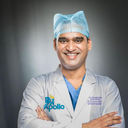
Dr. L Kiran Kumar Reddy
Cardiologist
15 Years • MBBS,MD, Gen Med (KMC) DM Cardiology (JIPMER)
Hyderabad
Apollo Medical Centre Kondapur, Hyderabad
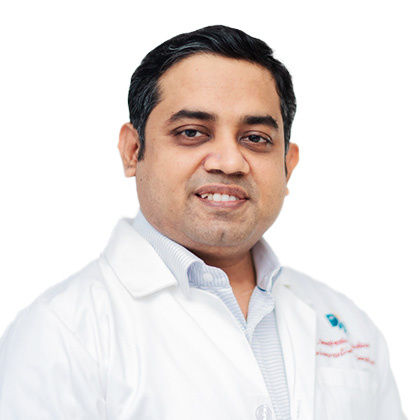
Dr. Deepesh Venkatraman
Cardiologist
10 Years • MBBS, MD (Gen Med), DM (Cardio), DNB (Cardio)
Chennai
Apollo Medical Centre Kotturpuram, Chennai
(75+ Patients)
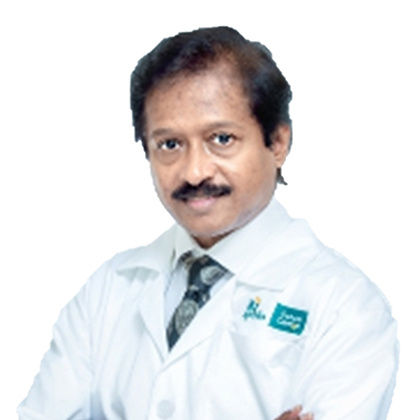
Dr. Rakesh Gopal
Cardiologist
22 Years • “ Trained in Trans Aortic Valve Implantation ( TAVI ) from Mehmet Akif Ersoy Hospital Istanbul, Turkey “ & MD (General Medicine), FRCP (Glasglow)DNB( Cardiology), FESC, HICR Cert (Harvard University, USA), Angioplasty Training from Washington Adventist Hospital USA, Asan Medical Centre, Seoul Korea, Board certified in Cardio Oncology, ICOS- USA
Chennai
Apollo Hospitals Heart Centre Thousand Lights, Chennai
(100+ Patients)
Consult a Cardiologist for Personalised Advice

Dr. Tripti Deb
Cardiologist
40 Years • MBBS, MD, DM, FACC, FESC
Hyderabad
Apollo Hospitals Jubilee Hills, Hyderabad

Dr. Gautam Singal
Cardiologist
10 Years • MBBS, DNB - General Medicine, DNB - Cardiology
Delhi
Apollo Clinic East Of Kailash, Delhi

Dr. L Kiran Kumar Reddy
Cardiologist
15 Years • MBBS,MD, Gen Med (KMC) DM Cardiology (JIPMER)
Hyderabad
Apollo Medical Centre Kondapur, Hyderabad

Dr. Deepesh Venkatraman
Cardiologist
10 Years • MBBS, MD (Gen Med), DM (Cardio), DNB (Cardio)
Chennai
Apollo Medical Centre Kotturpuram, Chennai
(75+ Patients)

Dr. Rakesh Gopal
Cardiologist
22 Years • “ Trained in Trans Aortic Valve Implantation ( TAVI ) from Mehmet Akif Ersoy Hospital Istanbul, Turkey “ & MD (General Medicine), FRCP (Glasglow)DNB( Cardiology), FESC, HICR Cert (Harvard University, USA), Angioplasty Training from Washington Adventist Hospital USA, Asan Medical Centre, Seoul Korea, Board certified in Cardio Oncology, ICOS- USA
Chennai
Apollo Hospitals Heart Centre Thousand Lights, Chennai
(100+ Patients)
More articles from Coronary artery disease
Frequently Asked Questions
1. How long does a bypass surgery take?
The operation itself typically takes between 3 to 6 hours, depending on the number of bypass grafts needed. The total time in the operating room includes preparation and anaesthesia.
2. What is the typical life expectancy after a triple bypass surgery?
Life expectancy after CABG is influenced by age, overall health, and lifestyle choices post-surgery. However, studies indicate that a successful triple bypass can add many years of life, often 15 years or more, especially when patients follow their doctor's advice closely.
3. Is bypass surgery considered a major surgery?
Yes, coronary artery bypass grafting is a major open-heart surgery. It is one of the most common and most studied major surgeries performed today.
4. How painful is the recovery from open heart surgery?
Pain and discomfort, especially from the sternum (breastbone) incision, are expected but are managed effectively with medication. The pain decreases significantly within the first few weeks and is usually manageable with over-the-counter pain relievers after the first month.
5. Can blocked arteries return after bypass surgery?
Yes, it is possible for both the native arteries and the grafted vessels to become blocked again through the same process of atherosclerosis. This is why lifelong commitment to a healthy diet, exercise, and medications like statins and aspirin is critical to prevent disease progression.
